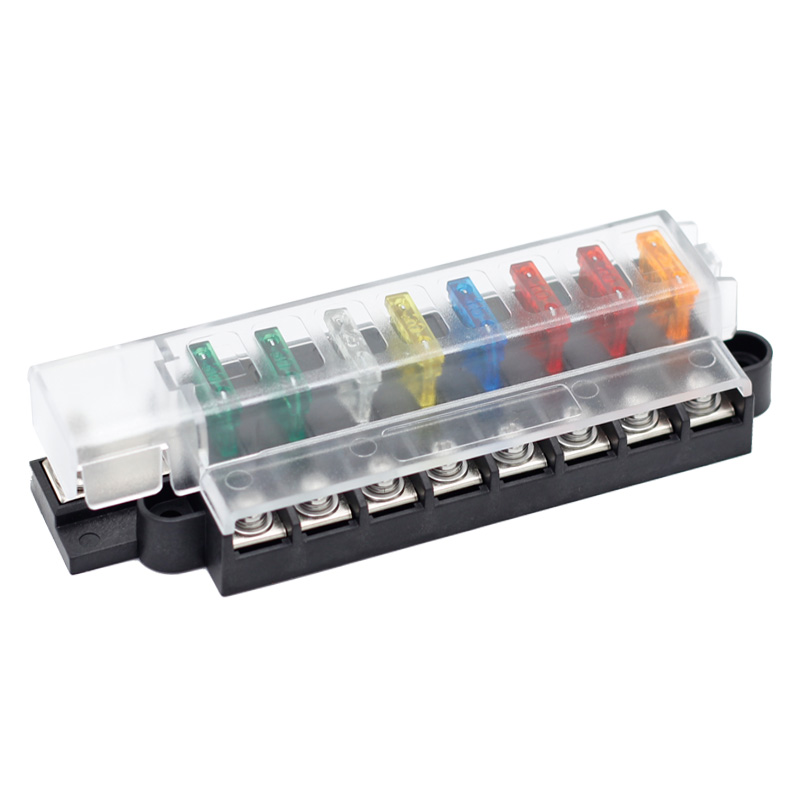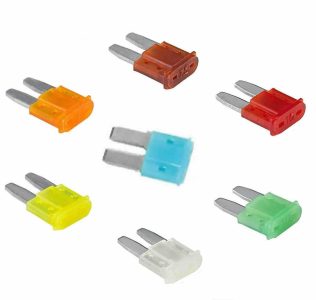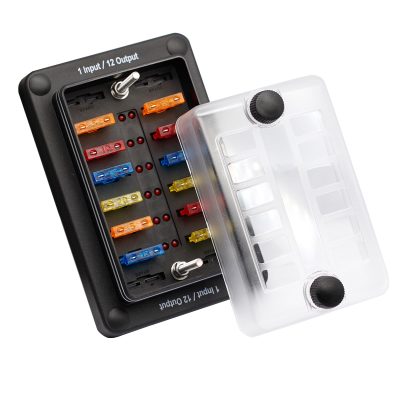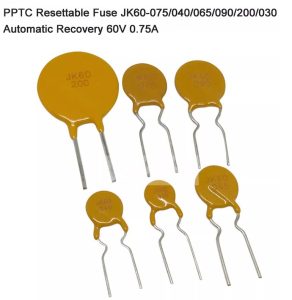How to Select a Car Fuse Holder for Battery Tender Maintenance
News 2025-10-20
Selecting the right car fuse holder is essential for effective battery tender maintenance. Battery tenders keep vehicle batteries charged and healthy, but without proper protection, electrical faults can lead to damage or safety hazards. A well-chosen fuse holder safeguards the circuit by interrupting current flow during overloads, extending the life of both the tender and the battery. This guide covers key aspects to consider, ensuring your setup is reliable and efficient for automotive applications.

Types of Fuse Holders
Car fuse holders come in various designs, each suited to different scenarios in battery tender systems. Blade-type holders, such as ATM or mini blade variants, are compact and widely used in vehicles for their ease of installation and replacement. These are ideal for battery tenders due to their resistance to vibration and corrosion. In contrast, glass tube holders handle higher currents but may not be as practical in tight spaces or harsh conditions. For outdoor or mobile setups, choosing a holder with robust construction ensures longevity and performance under stress.
Key Selection Factors
When picking a fuse holder, focus on specifications that match your battery tender’s demands. Amperage rating is critical; it should align with the tender’s output to prevent frequent fuse blowouts or undetected overloads. Voltage compatibility, typically 12V or 24V for cars, avoids electrical mismatches. Material quality matters too—opt for holders made from heat-resistant materials like nylon or metal to withstand engine bay temperatures. Additionally, consider mounting options and environmental resistance; a holder with an IP67 rating protects against moisture in exposed locations, enhancing safety and reliability in real-world use.
Frequently Asked Questions
1. What amperage should I choose for a battery tender fuse holder?
Answer: Select based on your tender’s maximum output, usually between 5 and 20 amps, to ensure adequate protection without unnecessary interruptions.
2. Is a specific type of fuse holder best for car batteries?
Answer: Blade-type holders are often recommended for their durability and fit in automotive environments, but verify compatibility with your tender’s voltage and current needs.
3. How can I ensure the fuse holder is securely installed?
Answer: Use proper crimping tools for connections, secure it away from heat sources, and test with a multimeter to confirm no shorts or open circuits exist.


